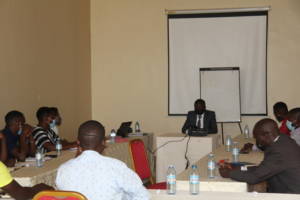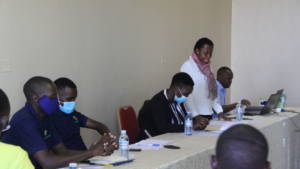Community-Based Monitors (CBMs) from six Ugandan districts have been trained on how to use the media. The trained monitors were drawn from six of the ten Ugandan districts through which the East African Crude Oil Pipeline (EACOP) will pass.
The monitors were trained during a September 21, 2021 workshop that was organised by Africa Institute for Energy Governance (AFIEGO). At the training, the monitors were taught how to do the following: identify newsworthy stories, pitch their story ideas to editors, operate as citizen journalists who capture their communities’ stories and share them with the media, write op-eds and others.
WHO ARE THE COMMUNITY-BASED MONITORS?
The Community Based Monitors are community leaders who observe and report on the human rights situation of the 3,045 households whose land is being compulsorily acquired for the EACOP project in Uganda.
The Community Based Monitors were trained not only because they have knowledge of the challenges their communities face but because they are also literate. With their reading, writing and oratory capabilities, they can ably use the media to tell their communities’ stories.
While the above is true, prior to the training, the Community Based Monitors lacked media engagement skills. This limited their capacity to use the media to tell their communities’ stories. This undermined community advocacy efforts to protect community rights.
WHY EACOP COMMUNITIES NEED TO USE THE MEDIA
The EACOP, a planned 1,443km pipeline, has a big environmental footprint. According to the World Wide Fund for Nature (WWF), the pipeline will affect nearly 2,000 sq. km of protected wildlife habitat. Endangered species such as chimpanzees, elephants and others have been put at risk because of the EACOP project.
Lake Victoria, the second biggest freshwater lake in the world on which up to 40 million people in East Africa depend, is also set to be affected by the EACOP. Further, the pipeline has presented climate change concerns with up to 34.3 million metric tonnes of carbon per year expected to be produced when the oil transported by the EACOP is used.
Ugandans, majority of whom are employed in the agricultural sector, depend on good climate as well as healthy ecosystems to make a living. The EACOP is therefore a threat to their livelihoods.
DISRUPTION OF LAND-BASED LIVELIHOODS
Moreover, already, the EACOP has disrupted the livelihoods of the 3,045 households whose land is being compulsorily acquired for the project.
Through cut-off dates that were set in 2019, the 3,045 EACOP-affected households were stopped from using their land to grow perennial food and cash crops. The people were also stopped from setting up any new developments. Food stress and loss in incomes have resulted as a result of the above. Women and girls have borne the brunt of the above impacts.
MEDIA AND HUMAN RIGHTS PROTECTION
The media plays a critical role in protecting the rights of people. To empower the EACOP-affected people to tell their own stories through the powerful media, the September 21, 2021 media training for the Community Based Monitors was organised.
FRUITS OF TRAINING
Since their training, the CBMs have written op-eds that have been published over five times in the national press. Some of the published op-eds may be seen here and here (see article 2).
With AFIEGO and our partners’ support, the CBMs have also used their citizen journalism and other skills to engage the media to demand for fair compensation. Through the media engagements, the people’s demands have been published in over eight national and sub-national media outlets. Some of the published stories may be seen here or here or here or here. The media stories create the pressure needed to protect communities’ rights.
The communities need to be further supported to engage the media to protect our shared climate, the environment and their livelihoods.



